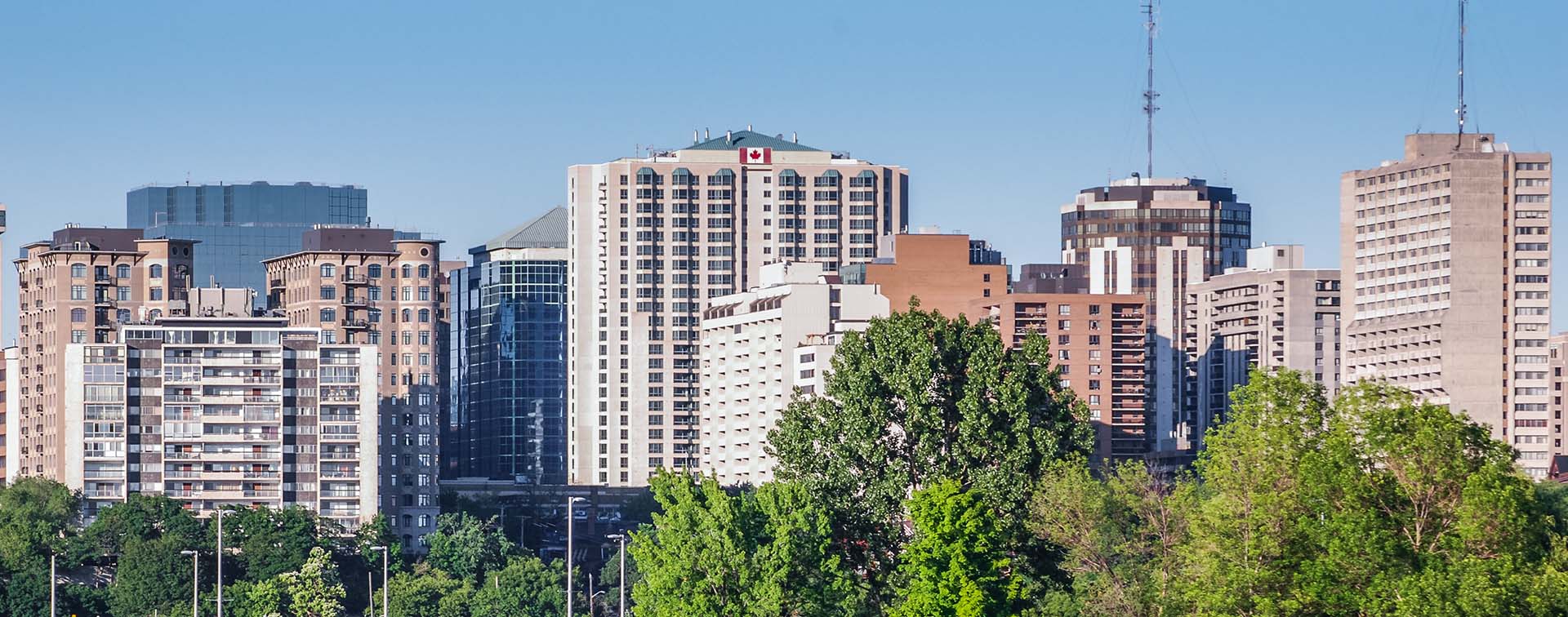
Annie Pforzheimer is a retired career diplomat with the personal rank of Minister Counselor from the Department of State, a Senior Non-Resident Associate at the Center for Strategic and International Studies, a member of the Council on Foreign Relations, a Global Fellow at the Woodrow Wilson Center, an Adjunct Professor at the City University of New York, and a public commentator and consultant on foreign policy issues.
As the second full year of ‘pandemic normal’ establishes itself in the Americas, some longstanding trends in migration have grown more discernable. This year, it is likely that both Canada and the USA will more freely open their borders for tourism, which in turn will revive an industry that traditionally boosts jobs, while labor shortages may see historically strict immigration limitations being eased. Latin America and the Caribbean continue to offer a range of investment programs that lead to citizenship, while facing slower than predicted economic growth.
US politics enters a hot zone before mid-term elections in November 2022 that will likely prevent any immigration-related legislation, and may result in both a Republican return to control in Congress and allegations of fraud in the electoral process. No such instability is likely in Canada, despite February protests by truckers in Ottawa, as Prime Minister Justin Trudeau’s November 2021 election has given him a solid ruling coalition. Latin America’s usual election alternation from left- to right-leaning and back again (resulting in breathless headlines about “pink tides” or “rise of the right”) is likely to continue, with left-leaning candidates currently leading in polls in Brazil and Colombia. Autocrats have consolidated power in El Salvador, Nicaragua, and Venezuela, along with the longstanding dictatorship in Cuba, but despite enormous economic pain and social weaknesses exacerbated by Covid, there is no serious challenge to existing democratic institutions for Latin America and the Caribbean. That said, higher prices for energy in the wake of Russian aggression in Ukraine could destabilize economies half a world away.

In the USA, there is finally a hope of addressing years of visa backlogs caused by Trump administration policies and Covid processing restrictions. The U.S. Citizen and Immigration Services (USCIS) announced on 27 January an additional supply of 20,000 H-2B temporary nonagricultural worker visas for US employers seeking to expand their workforces by 31 March 2022. Meanwhile, the H-1B visa approval rate for the fiscal year 2021 was the highest in a decade. In February, during a virtual briefing with Congress, USCIS Director Ur Jaddou requested more funding to help tackle visa processing backlogs that have delayed applicants for months or more. In 2020, Congress passed legislation allowing USCIS to collect higher fees for fast-tracked processing of various types of application, but it has not been sufficient. Jaddou also noted that USCIS had “decreased the pending naturalization case queue by approximately 20% in calendar year 2021 and returned to pre-pandemic processing levels for naturalization”.
From 2016 to 2021, Canada’s population grew faster than any of the other G7 nations, mainly through immigration, according to the national statistics office. Immigration rates, which had dropped precipitously in 2020, recovered after April 2021 and are now at pre-pandemic levels. Immigration Minister Sean Fraser announced on 31 January that Canada is planning to make 147,000 permanent residence final decisions in the first quarter of 2022 — doubling those made in the same period in 2021. Since public health measures reduced in-person services, Canadian authorities have brought some immigration programs online, accelerating the average processing times for applications.
This is happening within a context of solid majority Canadian support for immigration per a September 2021 poll which showed that “Canadians continue to be largely positive and supportive about immigrants and refugees, who are much more likely to be viewed as making a positive contribution to the country than posing a threat”. While there are distinctions in those views between Canadian political parties, such differences are narrowing, and immigration is no longer a strongly divisive political issue.
Latin American economies are facing a tough time recovering fully from the pandemic. IMF economists noted in February that Latin American and Caribbean economies have begun to flag after their 6.8% rebound in early 2021. Trade and travel are returning and vaccinations, internal budget supports, and commodity processes all favor growth, but it may be closer to 2.5% — a downgrade from an earlier prediction of 3% — economists say. These economies are highly sensitive to supply disruptions and will likely suffer with higher energy costs related to the Russian invasion of Ukraine and corresponding sanctions.
In a new bid to counter the downturn in his economy, maverick El Salvador president Nayib Bukele announced on Twitter in February that he has proposed a package of laws to facilitate citizenship for overseas investors. Since President Bukele has complete control of his parliament (and courts) the reforms are very likely to proceed. Given his very public embrace of cryptocurrency, some commentary suggests he is aiming this at Bitcoin investors. Five Caribbean nations lead the pack of citizen by investment opportunities in the western hemisphere, starting at contributions of USD 100,000 or investments of larger amounts: Antigua and Barbuda, Dominica, Grenada, St. Kitts and Nevis, and St. Lucia. Antigua and Barbuda offers four options for citizenship based on contributions to the National Development or University of West Indies Funds or investments in business or real estate, with no restrictions on dual nationality. According to a new report its program had a 36% uptick in 2021, primarily via donations. In September 2021, St. Kitts and Nevis became the first citizenship by investment jurisdiction to publish a list of promoters blacklisted for questionable business practices.